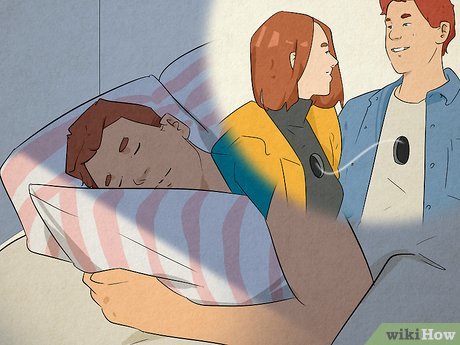Anime Suicidal

Anime, as a diverse medium of storytelling, often delves into sensitive and thought-provoking themes, one of the most prominent being suicide. Through its intricate narratives, vibrant characters, and imaginative worlds, anime portrays suicide in various lights, from tragic and despairing to redemptive and cathartic. This article aims to explore the multifaceted depiction of suicide in anime, examining its portrayal, underlying themes, and societal reflections.
Table of Contents
ToggleThe Tragic Narrative:
In many anime series and films, suicide is portrayed as a tragic and irreversible act, often stemming from deep emotional turmoil and psychological distress. Characters struggling with depression, trauma, or existential crises may contemplate or commit suicide as a means of escape from their pain. These narratives delve into the complexities of mental health, highlighting the profound impact of loneliness, grief, and societal pressures on individuals.
One notable example is “Neon Genesis Evangelion,” a seminal anime that delves into themes of depression, identity, and the human condition. The protagonist, Shinji Ikari, grapples with intense feelings of inadequacy and alienation, leading to moments of contemplation of suicide. The series portrays suicide not as an easy way out, but as a harrowing manifestation of inner turmoil, underscoring the importance of empathy and understanding in addressing mental health issues.
Similarly, “Welcome to the NHK” offers a raw and unflinching portrayal of social isolation and mental illness. The protagonist, Satou Tatsuhiro, battles with crippling social anxiety and delusions, finding solace in suicidal ideation as a means of escaping his perceived failures and societal pressures. Through Satou’s journey, the series sheds light on the realities of mental illness and the desperate search for purpose and connection in a seemingly indifferent world.
Redemptive Narratives:
Contrary to the bleak portrayal of suicide in some anime, others explore themes of redemption and self-discovery amidst the darkness. Characters may confront their inner demons, confront their past traumas, and ultimately find hope and renewal. These narratives offer a glimmer of optimism amidst the despair, emphasizing the resilience of the human spirit and the transformative power of self-reflection and acceptance.
One such anime is “Angel Beats!”, which follows a group of deceased teenagers who find themselves in a purgatorial afterlife. Among them is Yuri Nakamura, who harbors deep-seated resentment and guilt over her past actions, driving her towards thoughts of suicide. However, through her interactions with other characters and moments of self-realization, Yuri discovers the courage to confront her pain and embrace the fleeting beauty of life.
Similarly, “A Silent Voice” delves into themes of guilt, forgiveness, and redemption. The film centers on Shoya Ishida, who grapples with the consequences of bullying a deaf classmate, Shoko Nishimiya, in his youth. Consumed by guilt and self-loathing, Shoya contemplates suicide as a form of atonement for his past actions. However, through his journey of reconciliation and self-discovery, Shoya learns to forgive himself and find redemption in helping others.
Social Commentary:
Beyond individual narratives, anime often serves as a reflection of broader societal issues surrounding suicide, including stigma, social alienation, and the search for meaning in a rapidly changing world. By confronting these themes head-on, anime sparks important conversations about mental health awareness, the importance of community support, and the need for greater empathy and understanding towards those struggling with suicidal thoughts.
For instance, “Death Note” explores the moral and ethical implications of playing god with the power to determine life and death. The protagonist, Light Yagami, becomes intoxicated with the idea of cleansing the world of criminals through his newfound ability to kill with a supernatural notebook. However, as his pursuit of justice descends into megalomania and indiscriminate slaughter, Light becomes increasingly isolated and detached from his humanity, ultimately meeting a tragic end.
Conclusion:
Anime‘s portrayal of suicide is as diverse and complex as the medium itself, encompassing themes of despair, redemption, and social commentary. Through its nuanced narratives and compelling characters, anime offers a lens through which to explore the intricacies of mental health, existential angst, and societal pressures. By confronting these themes with honesty and empathy, anime sparks important conversations about suicide prevention, mental health awareness, and the power of redemption and resilience in the face of adversity.





